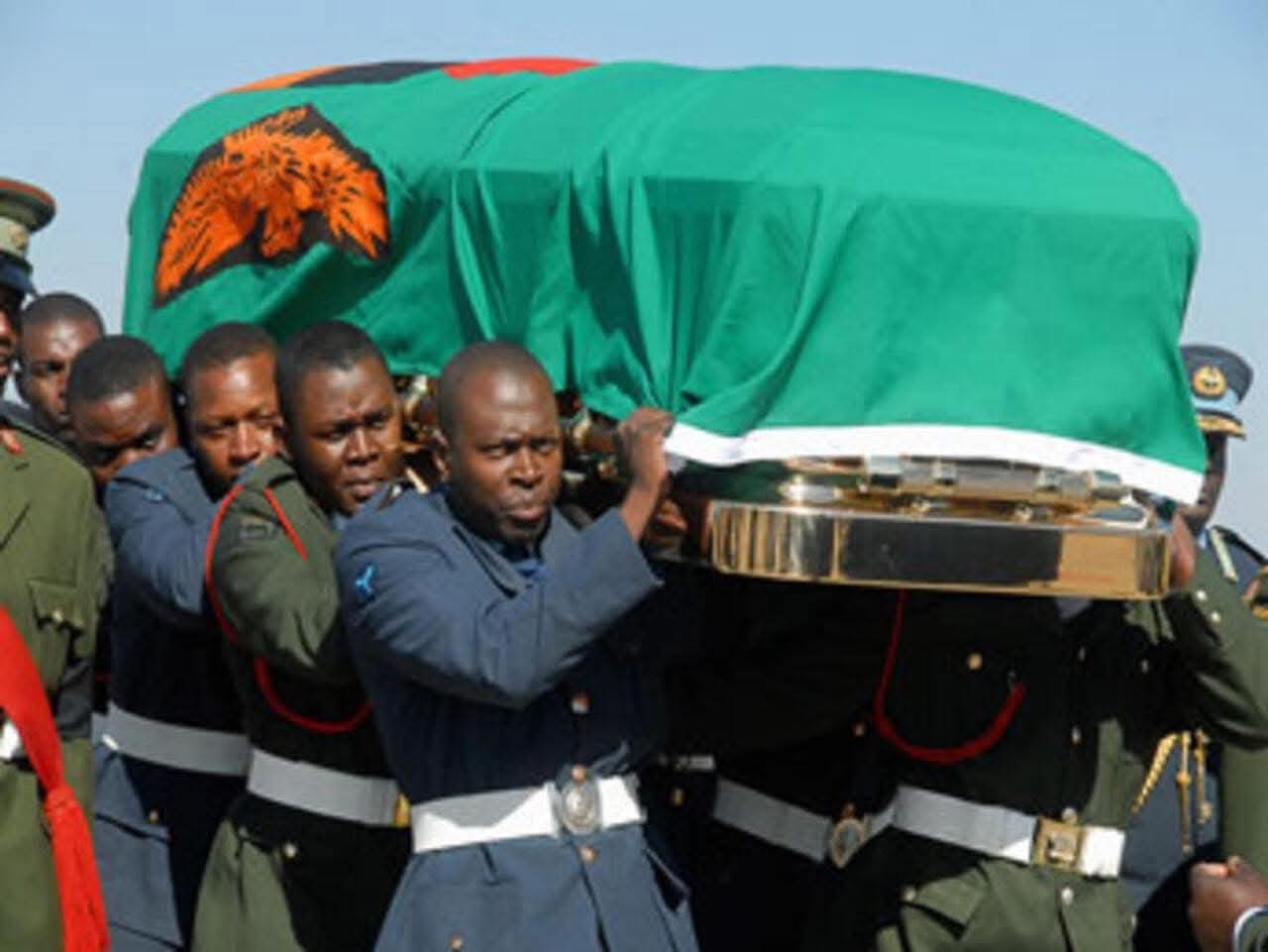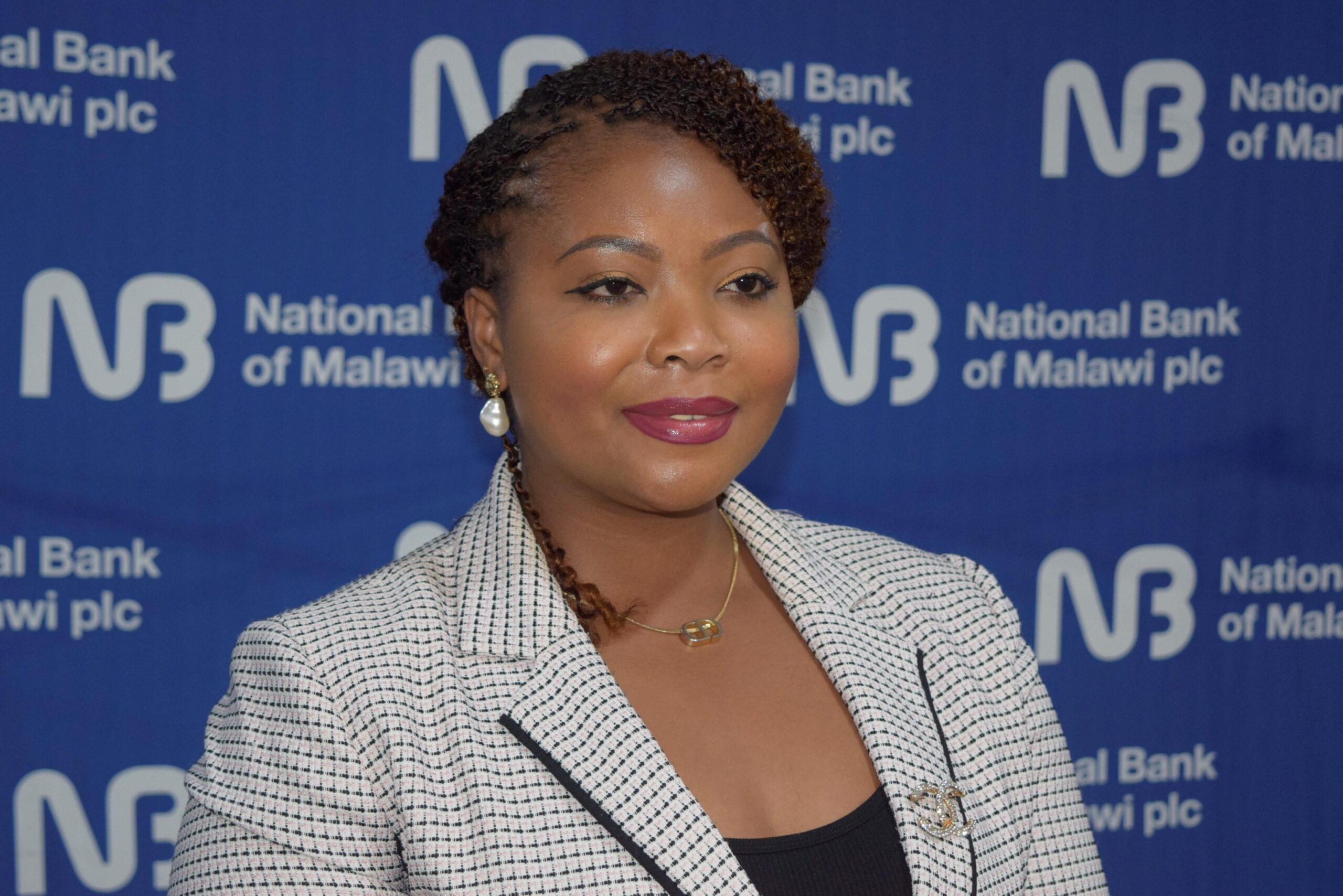Director of Public Prosecutions (DPP) Steven Kayuni has refused to grant the Anti-Corruption Bureau (ACB) consent to prosecute Ashok Nair, and four [names withheld] others on grounds of lack of supporting documents.
In a letter to the ACB, Kayuni tells the bureau that his office perused though documents that were submitted for the purpose of obtaining consent to prosecute Kumar Sreedharan and four other people over corruption-related matters.
The DPP, however, notes that he needs the graft-busting body to furnish his office with a complete report of investigations instead of an interim investigation report to be able to prosecute Nair, who was released on bail by the courts recently.
He was on remand at Maula Prison after being arrested by ACB agents for allegedly being involved in corruption in land deals allegedly involving former Lands minister Kezzie Msukwa
The refusal to grant the consent to prosecute Nair is contained in a letter dated January 14 2022, signed by Kayuni, in response to the letter that ACB Director General Martha Chizuma wrote, asking him for consent to prosecute Nair and four others.
“It is impossible to make a decision on an interim investigation report as the Ashok matter has an interim investigation report. It is actually surprising to note that there are findings and recommendations on an interim investigation report,” the letter reads.
Kayuni says it is not right to grant consent based on an interim report when the results of a full report are not yet known.
“We, thus, advise that your good office furnish us with a completed investigation report or, as an alternative, consideration advising us with evidence copies of the documents and statements. Further, the following documents should always accompany the application for the consent to prosecute; investigations report (completed one), legal opinion, proposed changes, consent form,” the letter reads.
Kayuni advises the ACB not to exert pressure on the DPP for the purposes of granting consent.
“We further remind your good office that for the purposes of smooth coordination of the two offices and the crucial fight against criminality, such applications need to be submitted on time that there is no pressure exerted for purpose of granting consent or decision being made,” he says.
Kayuni argues that such documents are crucial for the purposes of proper and independent analysis of the evidence and the law.
“ We would be failing in our duty bestowed on us by law if we turn the granting of consent as an academic exercise or merely endorsement of what the ACB has duly submitted. Expediency should never take the place of due process of the law.
“Kindly and urgently submit the requested information that can inform a consent or no consent decision in this crucial Ashok matter. It is a matter of national interest and the ramifications go a long way in the national fight against corrupt criminalities. We thus pend our decision on this matter [as we] await a favourable response to the request,” the DPP indicates.
In an interview with The Daily Times, Kayuni refused to comment on the matter, only saying: “That letter was [sent] in confidence.”
Chizuma did not respond to our inquiry on the development.
Meanwhile, High Court Registrar Gladys Gondwe has confirmed that Judge Simeon Mdeza has recused himself in a case of alleged corruption involving former Lands Minister Kezzie Msukwa and Ashok Nair.
“The judge recused himself in the case and it is yet to be assigned to another one,” Gondwe said.
This comes after ACB Director General Martha Chizuma made allegations of corruption against the judge in a leaked audio.




